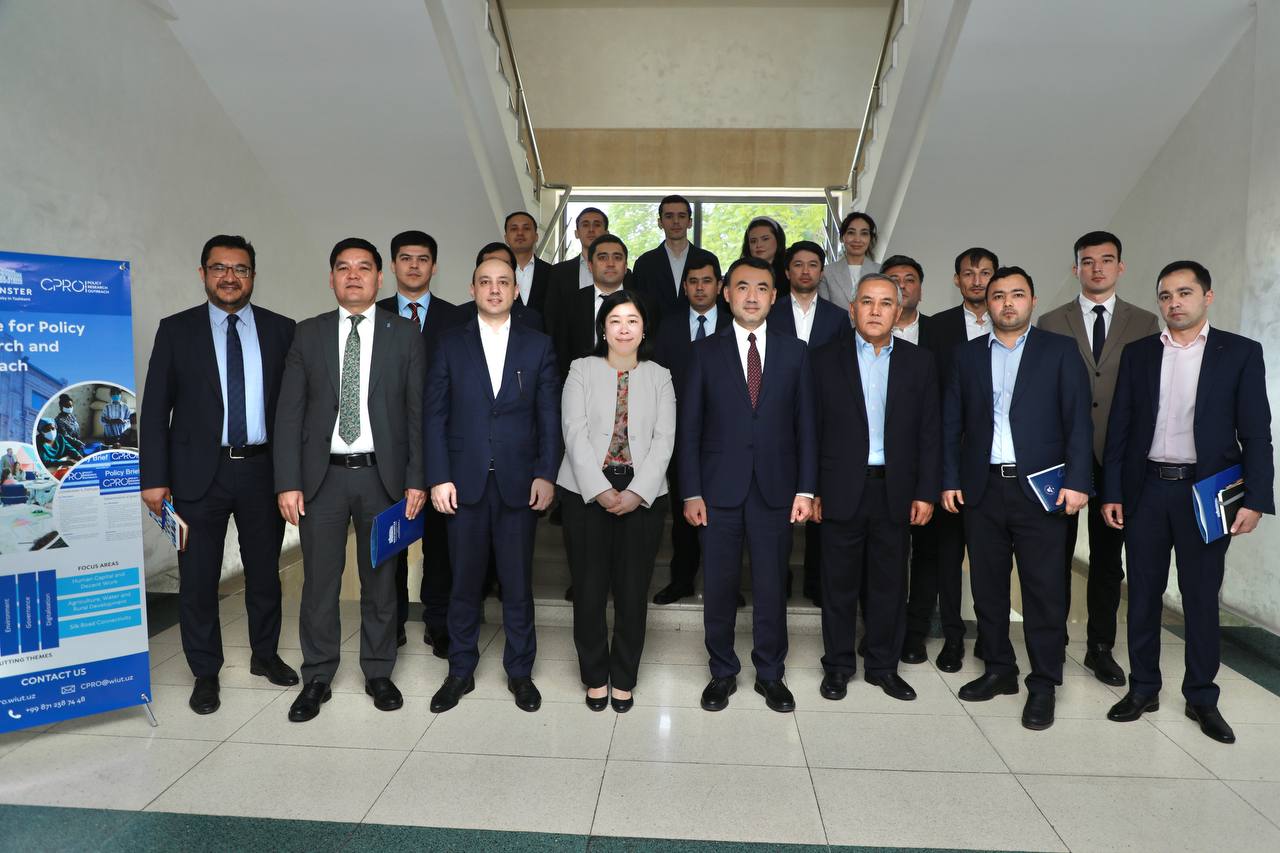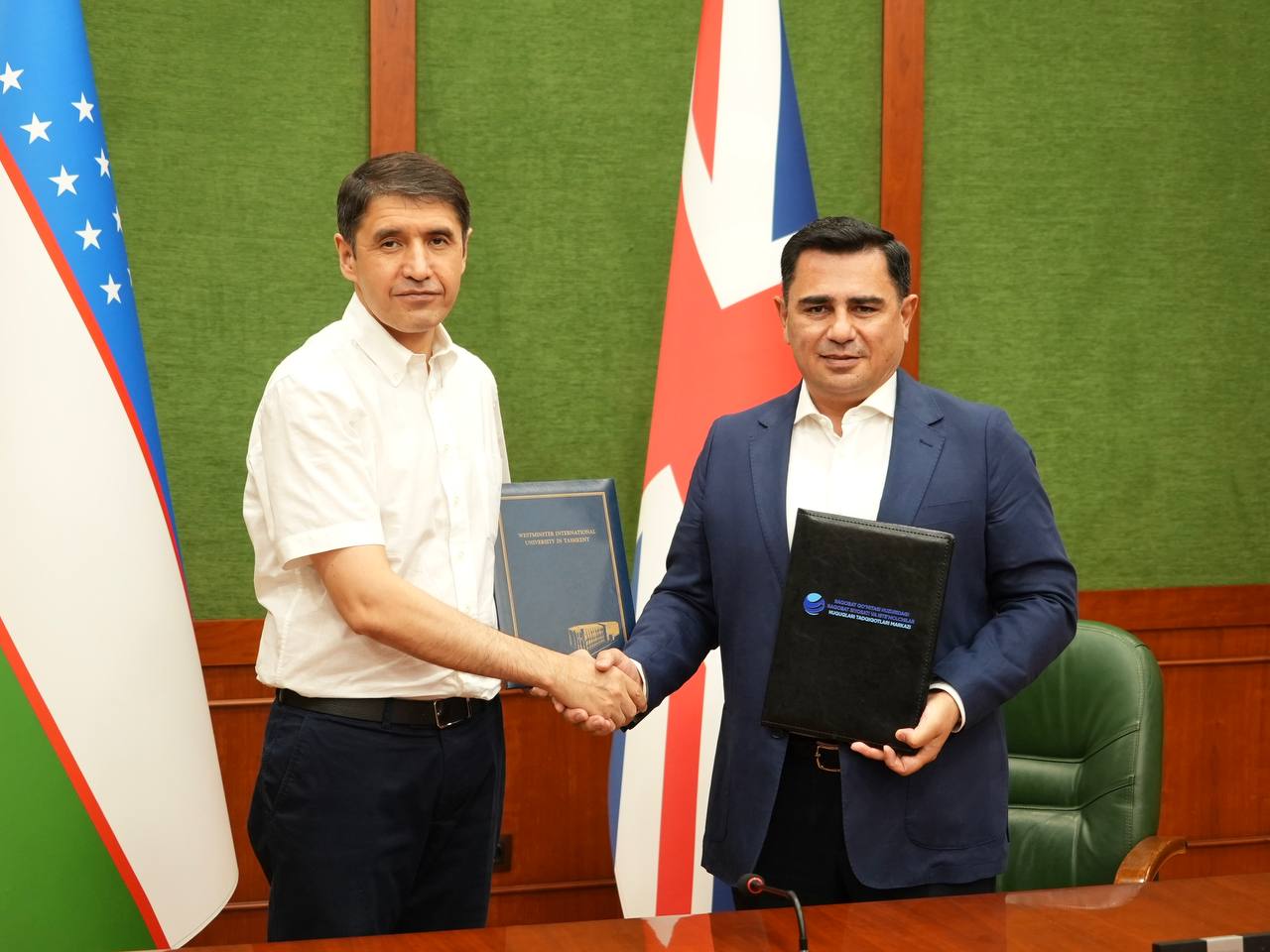16.3.2 Policy and lawmakers outreach and education

Roundtable on “Data-driven research and policymaking in Uzbekistan” Successfully Held at WIUT
Westminster International University in Tashkent (WIUT) successfully hosted the roundtable discussion on “Data-driven research and policymaking in Uzbekistan”, which brought together representatives from the World Bank Uzbekistan, the National Statistics Committee of the Republic of Uzbekistan, the International Food Policy Research Institute (IFPRI), UNICEF Uzbekistan, other international and government organizations, and WIUT faculty members, and researchers.
The roundtable provided a platform to discuss the growing importance of data-driven approaches in public policy and academic research. Key discussions highlighted the role of publicly accessible datasets—such as the Listening to the Citizens of Uzbekistan (L2CU), Multiple Indicator Cluster Surveys (MICS), and other data — in promoting evidence-based policymaking in Uzbekistan and the wider Central Asian region.
Participants emphasized the importance of continued collaboration between government institutions, academia, and international partners in advancing data-driven decision-making. WIUT remains committed to fostering such dialogue and supporting research that contributes to the country’s sustainable development.
WIUT and the Competition Policy and Consumer Rights Research Centre signed a Memorandum of Understanding
Westminster International University in Tashkent and the Competition Policy and Consumer Rights Research Centre under the Competition Promotion and Consumer Protection Committee of the Republic of Uzbekistan have signed a Memorandum of Understanding aimed at developing scientific potential, training highly qualified specialists and promoting legal literacy in the field of competition and consumer rights protection.
As part of the cooperation, it is planned to conduct joint research in the field of competition policy and consumer protection, implement educational programmes and events, including lectures, seminars and round tables, and develop joint publications and information and analytical materials. In addition, the cooperation aims to develop academic mobility by exchanging specialists and experts, as well as jointly promoting issues related to improving the legal literacy of the population in the specified areas.


